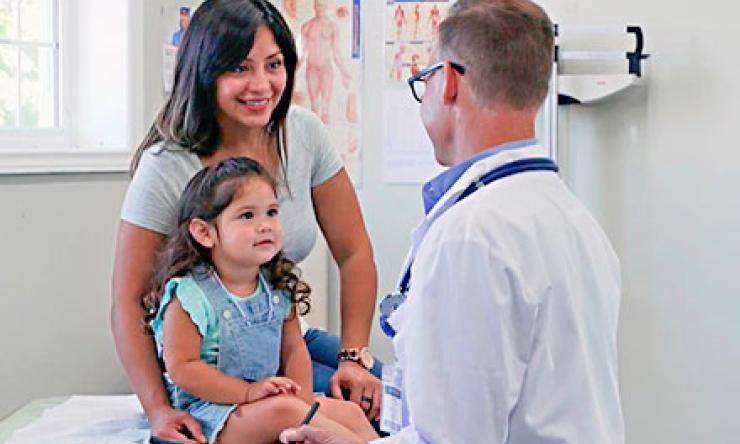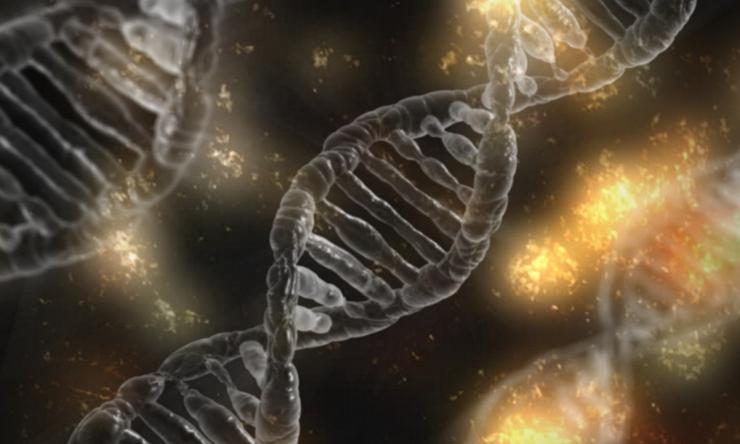
Recent CNRC News
Study suggests teens with obesity may face higher risk of fractures and osteoporosis later in life
July 14, 2025:
The teen years are the most critical for building lifelong bone strength, according to lead researcher Fida Bacha, M.D., of Baylor College of Medicine in Houston, Texas. “While adults with type 2 diabetes are known to have increased risk of fractures, this has not been investigated in youth with type 2 diabetes,” Bacha said. “We wanted to understand how childhood obesity and early type 2 diabetes affect bone health as children grow.”
The findings of this study were presented at the Endocrine Society’s annual ENDO 2025 meeting in San Francisco, California.
Motion sickness brain circuit may provide new options for treating obesity
Motion sickness is a very common condition that affects about one in three people, but the brain circuits involved are largely unknown. In the current study published in Nature Metabolism, researchers at Baylor College of Medicine, the University of Texas Health Science Center at Houston and the Jan and Dan Duncan Neurological Research Institute at Texas Children’s Hospital describe a new brain circuit involved in motion sickness that also contributes to regulating body temperature and metabolic balance. The findings may provide unconventional strategies for the treatment of obesity.
Rise in Weight-loss Drug Prescriptions for Kids
Dec. 26, 2024
Pediatric obesity is a serious threat to the health of our children worldwide. Newer FDA-approved medications are available to help treat children 12 years of age and older but there are many unanswered questions regarding their use in teens. Dr. Stephanie Sisley was interviewed by CBS as a part of a segment on treating adolescents with obesity with these medications.
Integrating GABA and dopamine signals to regulate meal initiation
Dec. 19, 2024
When you are feeling hungry, the brain takes the necessary steps toward consuming a meal. Many of these steps are not well known, but a new study published in the journal Metabolism by researchers at Baylor College of Medicine and the University of Texas Health Science Center at Houston reveals brain circuits and chemical messengers that contribute to the regulation of meal initiation and food intake.
Researchers discover a new metabolic compound that regulates body weight
Nov. 12, 2024
Researchers at Baylor College of Medicine, Stanford University School of Medicine and collaborating institutions report in the journal Cell the discovery of BHB-Phe, a novel compound produced by the body that regulates appetite and body weight through interactions with neurons in the brain.
How estrogen's millisecond-fast action happens
Oct. 2, 2024
Estrogen, the major female ovarian hormone, can trigger nerve impulses within milliseconds to regulate a variety of physiological processes. At Baylor College of Medicine, Louisiana State University and collaborating institutions, researchers discovered that estrogen’s fast actions are mediated by the coupling of the estrogen receptor-alpha (ER-alpha) with an ion channel protein called Clic1.
From Obesity to Strong Bones: Essential Tips for Healthy Kids
Sept. 12, 2024:
ARS-funded research at the Children's Nutrition Research Center in Houston, Texas, delves into the critical connection between childhood obesity and bone health. The research uncovers how excess weight in Hispanic children can negatively affect bone density and mineral content, potentially increasing the risk of fractures. Researchers emphasize the importance of physical activity as a protective measure against these adverse effects and discuss practical strategies for parents to prevent obesity from the outset.
Eating for necessity or pleasure? There is a brain circuit for that
Aug. 8, 2024:
People eat either because they are hungry or for pleasure, even in the absence of hunger. While hunger-driven eating is fundamental for survival, pleasure-driven feeding may accelerate the onset of obesity and associated metabolic disorders.
Alterations in human gene TRPC5 cause obesity and postpartum depression
July 2, 2024:
Researchers at Baylor College of Medicine, the University of Cambridge and collaborating institutions have discovered that alterations in the human gene TRPC5 cause obesity and postpartum depression.
Serotonin 2C receptor regulates memory in mice and humans - implications for Alzheimer's disease
June 28, 2024:
Researchers at Baylor College of Medicine, the University of Cambridge in the U.K. and collaborating institutions have shown that serotonin 2C receptor in the brain regulates memory in people and animal models.
Recent CNRC Member Highlights
 Credit
Credit
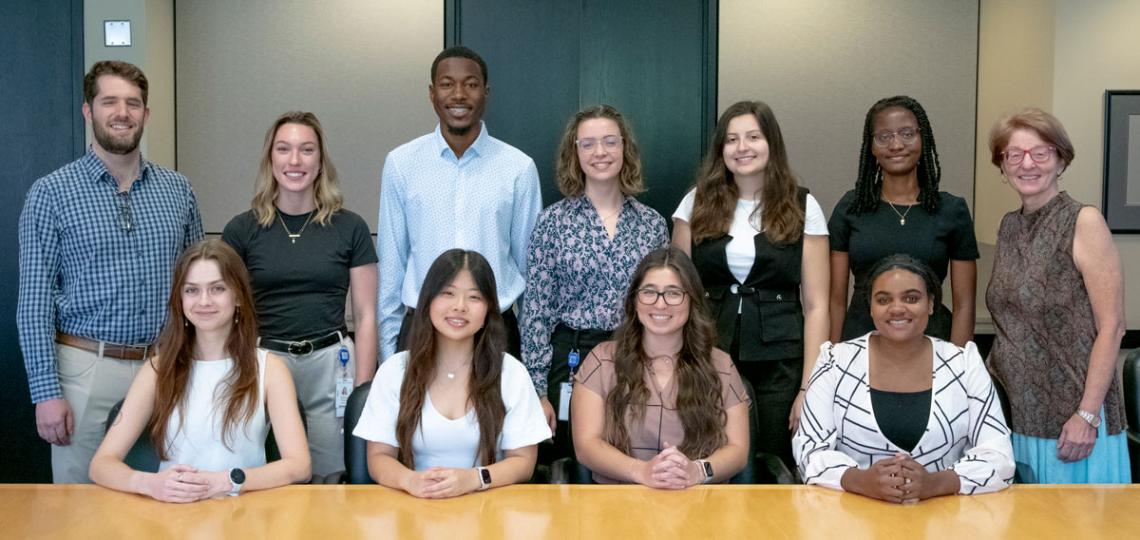
SMART program students showcase their summer nutrition research projects.
A cohort of students that participated in the Baylor College of Medicine SMART (Summer Undergraduate Research Training) program was selected for mentoring by researchers at the CNRC. After 8 weeks of intensive hands-on research on a wide variety of nutrition projects, they each presented a summary of their findings to their group and other CNRC researchers. The program successfully introduced this exceptional group of undergraduates from across the country to the breadth of scientific subjects that nutrition research encompasses. (August 2025)

Dr. Ruth Wooton-Kee was invited to serve as a member of the Research Awards Committee for the American Association for the Study of Liver Diseases (AASLD) society. (September 2025)

Congratulations to CNRC Postdocs on their recent awards received at the 2025 Annual Meeting of the American Society for Nutrition!
Katelyn Senkus, Ph.D., (top) (Mentor: Nancy E. Moran, Ph.D.) won a first place award for the Carotenoids and Vitamin A Research Interest Group’s Poster Competition.
Megumi Seese, Ph.D., (bottom) (Mentor: Nancy E. Moran, Ph.D.) won first place in the Emerging Leaders Competition for the Carotenoids and Vitamin A Research Interest Group.
Congratulations to our CNRC Postdocs!
(July, 2025)

CNRC researchers Dr. Marta Fiorotto and Dr. Robert Shulman in the Department of Pediatrics, have been selected by the American Society for Nutrition as two of the 21 members who will be inducted into the 2025 Class of Distinguished Fellows. This is the highest accolade bestowed by ASN, and honors individuals for their significant contributions and outstanding lifetime achievements in the field of nutrition. (February 2025)

Congratulations to Dr. Nancy Butte, emeritus professor of pediatrics, who received the Samuel J. Fomon Nutrition Award. (October 2024)

Dr. Jayna Dave has been selected to participate in the competitive, national 2024-2025 Mid-Career Research Leadership Development Program with the Society for Pediatric Research in the Outcomes, Epidemiology, & Health Services research group. The program aids mid-career scientists focused on child health, in building skills and competency in important topics related to leading a research group and career transitions. (August 2024)

The Journal of Nutrition established The Teresa A. Davis Award in Growth and Protein Nutrition to honor Dr. Davis’ exceptional leadership as Editor-in-Chief, 2014 to 2023 and her significant contributions to the field of growth and protein nutrition. The annual award goes to the 1st author of novel nutrition research paper related to protein and amino acid metabolism and growth in animals and humans, published in The Journal of Nutrition during the preceding year. The recipient will also receive a $1,000 honorarium. (August 2024)

Megumi (Hashida) Seese, Ph.D. (top) and Anna Norman, B.S. (bottom) won third and first place in the Carotenoid and Vitamin A Research Interest Group’s Poster Competition of the American Society for Nutrition’s 2024 Nutrition Conference. Seese is a postdoctoral trainee and Norman is a medical student trainee in Nancy E. Moran’s laboratory at the CNRC. (July 2024)
Highlights Archive
New to the CNRC

Xia Gao Ph.D. (Bella)
Xia Gao Ph.D. (Bella) received her doctoral degree in biochemistry from University of Alberta, Canada, where she was trained in phospholipid metabolism under Drs. Dennis Vance and René Jacobs in 2015. From 2015-2021, she pursued her post-doctoral training initially with Dr. Jason Locasale, and then with Drs. Christopher Newgard and Donald McDonnell at Duke University. In December of 2021 Dr. Gao joined the faculty of Baylor College of Medicine in the Department of Pediatrics-CNRC and holds a secondary academic appointment in the Department of Molecular and Cellular Biology at BCM. Dr. Gao’s lab is keen in understanding the interactions of nutrition, metabolism, and metabolic disease, particularly amino acid metabolism in cancer and obesity.
Xia Gao, Ph.D., received a R00 from NIH-NCI (R00 CA237618) for her project “Understanding methionine metabolism and its therapeutic potential in cancer” (April 1, 2022 - March 31, 2025), and a CPRIT (PEND-CANCER PREV & RSCH RR210056) for her project “Employing dietary methionine restriction to enhance chemotherapy efficacy” (Aug. 31, 2021 - Aug. 30, 2026).
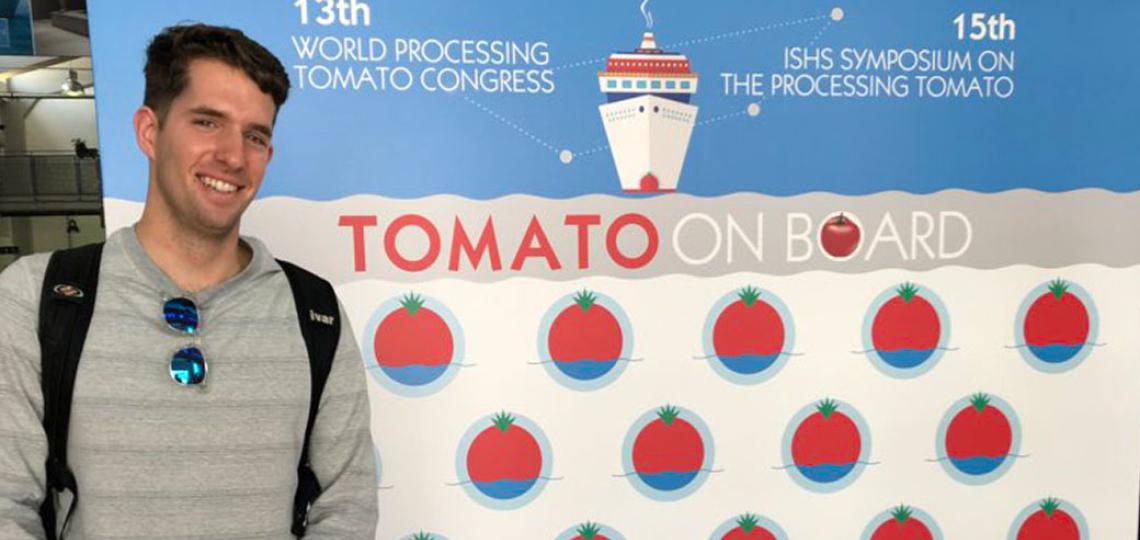
Michael Dzakovich
Michael Dzakovich Ph.D. (Mike; Tomato) joined the CNRC during September, 2021 as a research plant physiologist with the USDA-ARS. Michael was most recently a postdoctoral research scholar at the Plant’s for Human Health Institute (NC State University) in Dr. Mario Ferruzzi’s laboratory studying carotenoid absorption. Previously under the guidance of Dr. Jessica Cooperstone, Michael completed a doctorate at The Ohio State University focused on defining the health benefits of tomato consumption using targeted and untargeted metabolomics, transcriptomics, and quantitative genetics. The Dzakovich Lab seeks to leverage analytical chemistry and plant breeding strategies to elucidate the genetic and environmental underpinnings of phytochemical metabolism, deliverability, and health impacts. In his free time, Michael has been learning guitar accompaniment of Andalusian folk music since 2008, distance cycling, building/repairing things, and all things food.
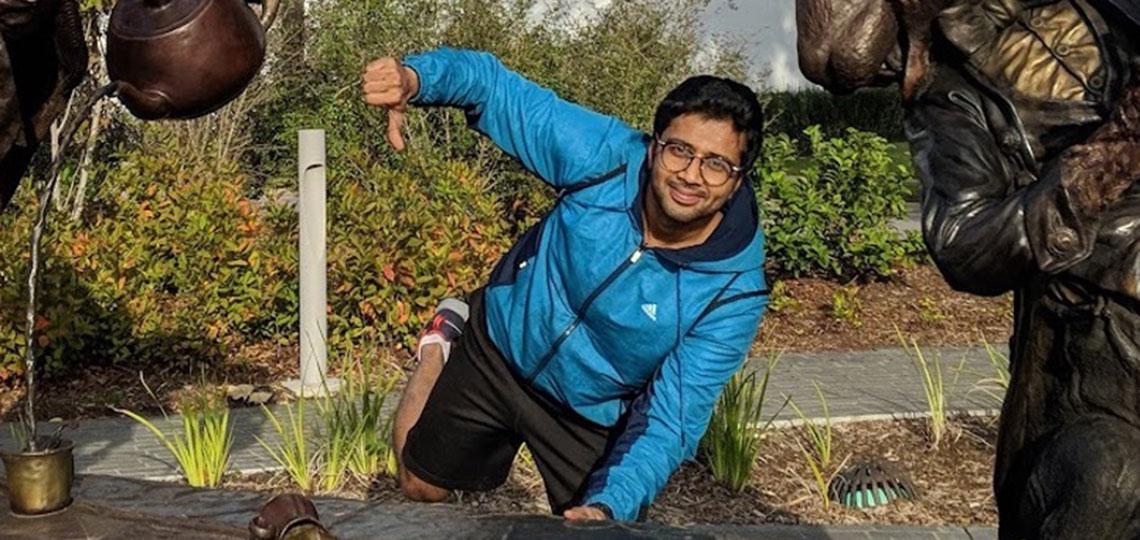
Hari Krishna Yalamanchili
Hari Krishna Yalamanchili (Hari) joined the CNRC as an assistant professor in February 2021, and he also has a secondary academic appointment at the Jan and Dan Duncan Neurological Research Institute, BCM. Prior to joining CNRC, Hari did his postdoctoral training primarily focusing on computational neurogenomics jointly in the laboratories of Dr. Zhandong Liu and Dr. Huda Zoghbi in the Department of Molecular and Human Genetics at BCM. His lab develops computational and machine learning models leveraging multi-omic datasets to understand the fundamental and translational aspects of various neurological disorders. His goal is to bridge computational and experimental approaches to decode complex biological phenomena. Making data talk is what keeps him motivated. His areas of investigation include RNA processing, regulatory network systems and epigenomics. At leisure, Hari is likes to cook, hike, camp, and travel.
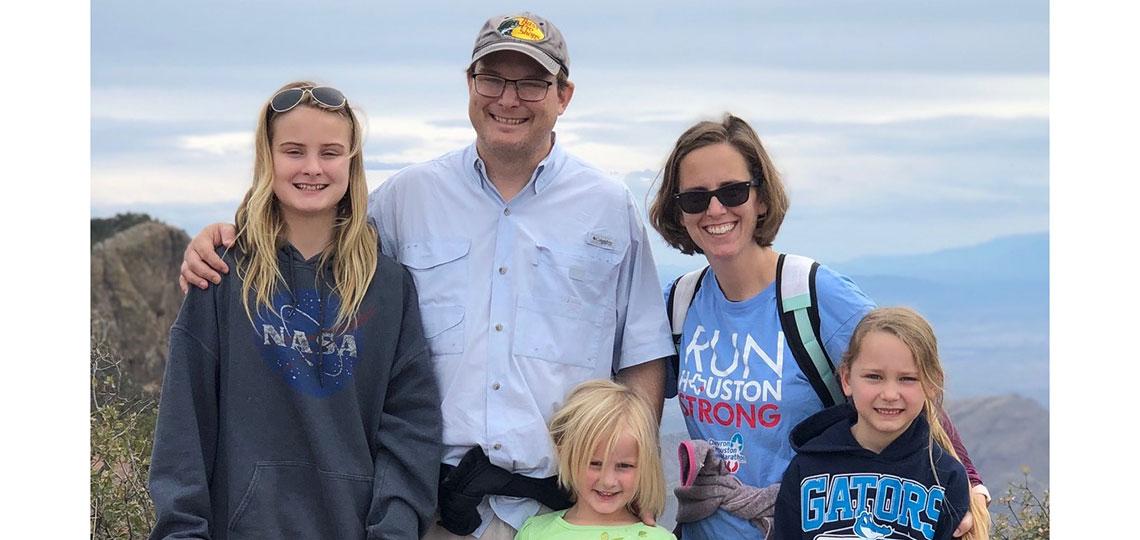
Clavia Ruth Wooton-Kee
Clavia Ruth Wooton-Kee (Ruth) joined the CNRC as an assistant professor in January 2021, and she has a secondary academic appointment in the Department of Molecular and Cellular Biology at BCM. Prior to joining the CNRC, Ruth was a post-doctoral fellow in the laboratory of Dr. David Moore in the Department of Molecular and Cellular Biology at BCM. Her lab focuses on the molecular pathways that mediate hepatocellular injury and nuclear receptor regulation of metabolism. Ruth grew up in the Hyden, Kentucky, a small town in the Appalachian region of Eastern Kentucky. Outside of her scientific pursuits, Ruth’s young family keeps her busy, and she has devoted much time in support of her daughter’s various extracurricular pursuits. Ruth also enjoys running, flower gardening, music, and hiking.

Dr. Benjamin Arenkiel
Dr. Benjamin Arenkiel (Ben) received his bachelor's degree in microbiology and chemistry from St. Cloud State University, and in 2004 received his doctoral degree in genetics from the University of Utah, where he trained under Nobel Laureate Dr. Mario Capecchi. From 2005-2010, he was a post-doctoral fellow with Drs. Lawrence Katz and Michael Ehlers at Duke University. In December of 2010 Dr. Arenkiel joined the faculty of Baylor College of Medicine in the Department of Molecular and Human Genetics and holds adjunct positions in the Department of Neuroscience and the CNRC. Dr. Arenkiel grew up in north central Minnesota, where he enjoyed playing sports and spending time outdoors. His hobbies include gardening, fishing, and golfing. His lab is currently investigating how genes and activity interface to build, maintain, and remodel neuronal connections in the brain, as well as how basal forebrain circuits influence eating disorders and neuropsychiatric disease.














